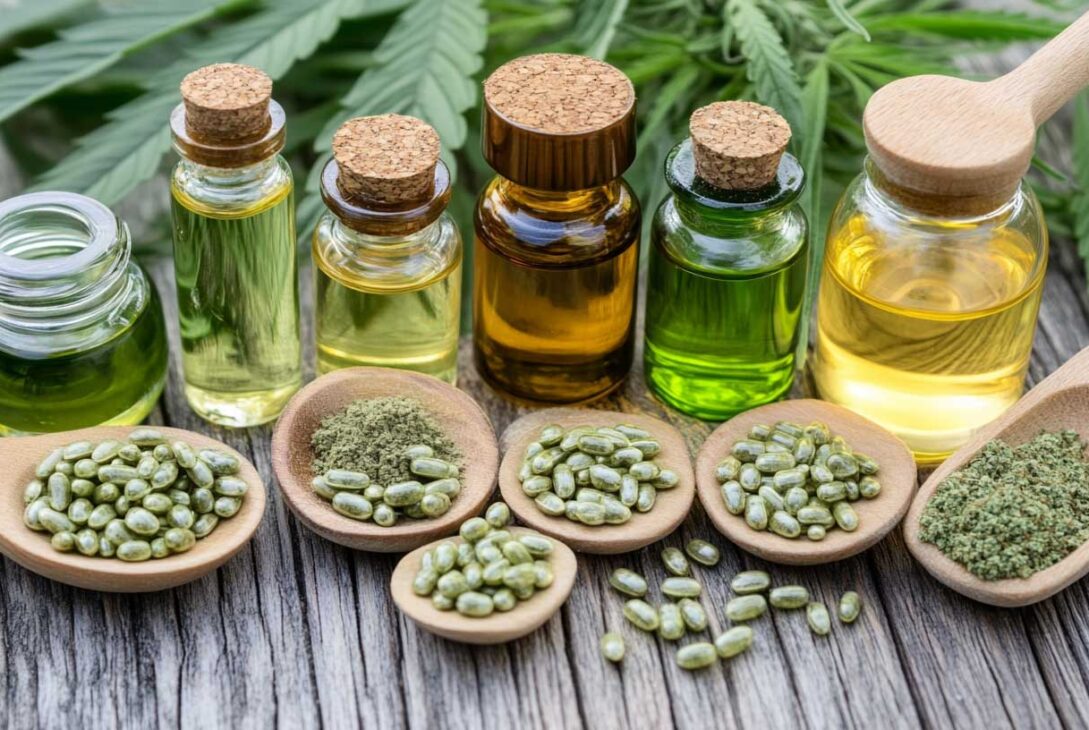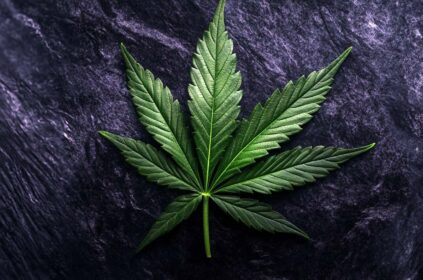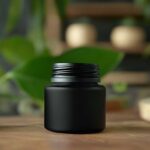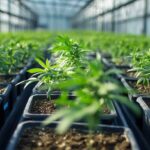Understanding the Importance of CBD Third-Party Lab Testing
In recent years, the interest in CBD, or cannabidiol, has surged worldwide. As a non-psychoactive compound derived from the hemp plant, CBD has captured the attention of those seeking potential health benefits without the high associated with THC. However, as the market grows, so does the need for quality assurance. This is where third-party lab testing comes into play, playing a pivotal role in ensuring the safety, potency, and overall quality of CBD products.
Introduction to CBD and Lab Testing
Whether you’re new to the world of CBD or have been exploring its benefits for some time, understanding lab testing is essential. As consumers, we deserve to know what we’re putting into our bodies, and lab testing ensures that CBD products live up to their claims. It is a critical step in maintaining accountability in a largely unregulated market.
The Importance of Third-Party Lab Testing
Third-party lab testing involves sending products to independent laboratories for analysis. These labs assess the quality and safety of CBD products, providing an unbiased view that manufacturers cannot guarantee on their own. This practice addresses several critical aspects:
Ensuring Safety: Protecting Consumers from Contaminants
One of the key reasons for conducting third-party lab testing is to protect consumers from harmful contaminants. Just as we wouldn’t consume food that is potentially unsafe, the same caution should apply to CBD products. Here are some common contaminants that testing helps identify:
- Pesticides: Hemp plants can absorb harmful chemicals used during cultivation. Testing can reveal if these chemicals are present in the final product.
- Heavy Metals: Elements like lead and arsenic may be present in the soil, and they can inadvertently end up in hemp products. Rigorous testing ensures that these unsafe substances are below acceptable levels.
- Microbial Contaminants: Harmful bacteria, yeast, and mold can grow in improperly processed products. Testing for microorganisms like E. coli or Salmonella is vital for consumer safety.
Verifying Potency: Accurate CBD Levels for Effective Dosing
Knowing the potency of a CBD product is essential for consumers, especially those using CBD to manage specific health concerns. Accurate potency testing ensures that the product contains the advertised amount of CBD.
- Testing Methods: Various techniques exist for testing potency, with high-performance liquid chromatography (HPLC) being one of the most common due to its precision. This method can accurately identify a range of cannabinoids and ensure consumers receive the right dosage they expect.
- Label Accuracy: It’s alarming, but studies show that a significant percentage of CBD products sold online are inaccurately labeled. For instance, a report by the Journal of the American Medical Association highlighted that around 70% of these products do not contain the amount of CBD they claim. Third-party lab testing helps eliminate this uncertainty, providing legitimacy to product labels.
Compliance with Legal Standards: Avoiding Legal Pitfalls
Navigating the legal landscape of CBD can be complex, especially in the United States. Here’s what consumers should keep in mind:
- THC Levels: Federal regulations dictate that CBD must contain less than 0.3% THC for it to be legal. Third-party lab testing verifies that the product abides by this requirement, protecting both consumers and manufacturers from potential legal ramifications.
- State Regulations: While federal law provides a baseline, individual states may impose stricter requirements. Understanding these differences can be crucial, and testing for compliance helps businesses meet various state standards.
Transparency and Consumer Trust
Transparency is the bedrock of consumer trust in the CBD market. When companies provide Certificates of Analysis (COAs) from accredited third-party labs, it shows they take quality control seriously.
- Access to Results: Responsible brands make lab results easily accessible, often through QR codes or links on their packaging. This empowers consumers to make informed choices based on actual lab data rather than marketing hype.
How to Interpret Lab Test Results
When you receive lab test results, it’s essential to know what to look for:
- Cannabinoid Profile: This includes details on the levels of cannabinoids such as CBD and THC, helping you understand what you are consuming.
- Terpene Profile: Terpenes are compounds that influence the aroma and potential effects of CBD products. Knowing this can enhance your understanding of the product’s benefits.
- Contaminants Testing: Legitimate results should clearly state that the product is free of pesticides, heavy metals, and harmful microbes.
FTC Guidelines and Marketing Claims
The Federal Trade Commission (FTC) and Food and Drug Administration (FDA) monitor marketing claims related to CBD. Brands must ensure that any health assertions they promote are backed by substantial evidence.
- Honesty in Marketing: Misleading health claims can result in penalties or product recalls. Companies engaged in third-party testing are more likely to stay compliant with these regulations.
Conclusion
Third-party lab testing is an essential process in the CBD industry. It not only safeguards consumers against harmful contaminants but also verifies the potency and accuracy of product labeling. As a consumer, understanding the importance of these tests allows you to choose products with confidence, ensuring you receive what you’re promised.
Actionable Tips for Consumers
To make informed choices when purchasing CBD:
- Check for COAs: Always look for a product that has been tested and comes with a Certificate of Analysis.
- Verify Contaminant Testing: Ensure that the results confirm the absence of harmful substances.
- Confirm Potency: Look for lab results that validate the CBD content matches the label.
- Research Brands: Choose companies that openly share their testing processes and encourage transparency.
By prioritizing products that undergo third-party lab testing, you’re not just making a purchase — you’re investing in your health with accurate, safe, and effective CBD products. Embrace the journey of understanding CBD, and empower yourself with knowledge to make the best choices for your well-being.





















